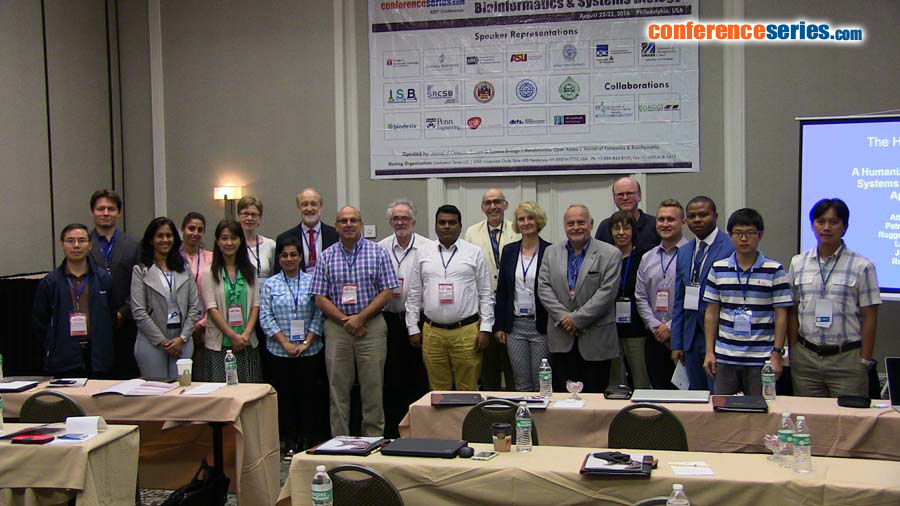
Thomas A. McMurrough
Western Univeristy, Canada
Title: High-throughput investigation of protein-DNA substrate coevolution in Meganuclease family enzymes
Biography
Biography: Thomas A. McMurrough
Abstract
Precision genome editing has applications in academia, biotechnology, agriculture and the development of novel human therapetics. Genome-editing strategies begin with the introduction of a double-strand break (DSB). Meganucleases are one class of enzyme currently used to introduce DSBs, and at highly specific 22-basepair DNA target sites. Although these enzymes create desirable 3’ singlestranded overhangs, the re-engineering of meganucleases to target desired sites is limited by a poor understanding of how cleavage specificity is regulated in the central target site region. We previously used intra-molecular covariation analyses to identify a network of coevolving amino acid residues within the meganuclease active site. We demonstrated that residues at computationally predicated positions were interdependent for catalysis, and identified novel combinations of residues that controlled enzymatic activity. Recently, we have explored a role for the coevolving amino acid residues in controlling central target site specificity. 1600 meganuclease protein variants were tested for in vivo activity against 26 central DNA target site variants using selective growth experiments. Active proteinsubstrate combinations were identified by Illumina® sequencing and compositional data analysis to identify protein variants with altered DNA specificity. Novel protein-DNA combinations were further validated using X-ray crystallography and by re-engineering specificity towards human genomic sequences that were previously untargetable. Our study provides a validated strategy for using intra-molecular covariation to identify functionally important protein networks, demonstrates the power of applying compositional analyses to high-throughput sequencing data, and will expand the genome-editing applicability of meganuclease enzymes.



